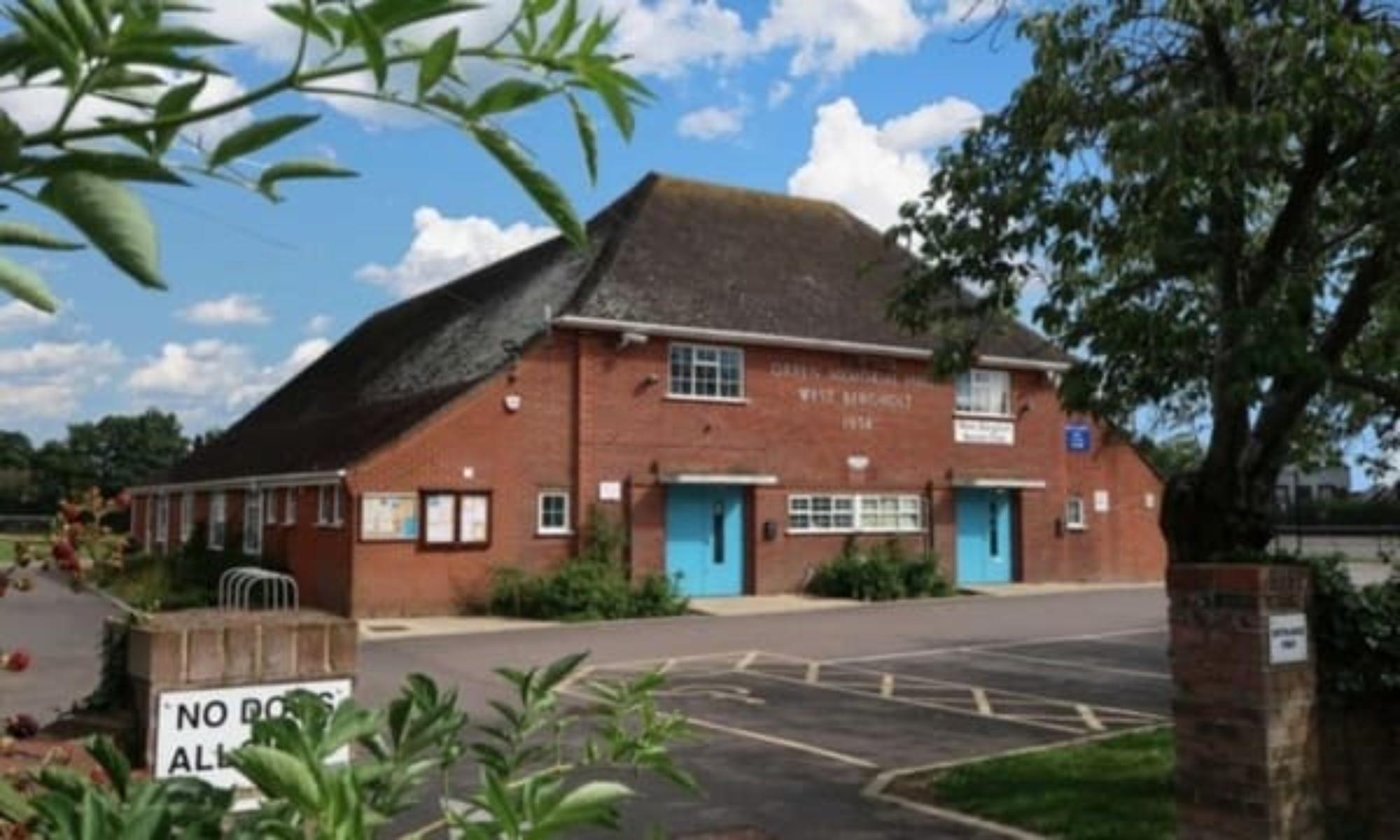 The local NHS CCG has issued the following news update reporting on the success rate of Colchester General Hospital, which has one of the largest stroke units in the East of England, with stroke patients, admitting over 70% of patients within 4 hours compared to the national average of below 60%:
The local NHS CCG has issued the following news update reporting on the success rate of Colchester General Hospital, which has one of the largest stroke units in the East of England, with stroke patients, admitting over 70% of patients within 4 hours compared to the national average of below 60%:
Local stroke patients get best care in country, latest figures show
The quality of stroke care coordinated locally by Colchester Hospital is again in the top two hospital trusts in England, Wales and Northern Ireland, according to the Royal College of Physicians (RCP). This makes us the best over the last six months, nowhere else having been in the top two consistently.
The RCP clinical audit of stroke patients who were admitted to hospital in the three months from October last year shows Colchester was the second best-performing out of the 175 hospital trusts that admit stroke patients directly for acute stroke care. Dr Shane Gordon, Clinical Chief Officer at NHS NE Essex CCG said:
This result is a credit to several organisations, including voluntary organisations who work together to provide not only emergency and acute care at the hospital, but also vital recovery care in the community when patients are safe to leave the hospital. Specially-trained nurses from ACE, the NHS community organisation, help patients to recover as much function as they can in the days, weeks and months after a stroke.
The figures show that whereas on average nationally 58% of people who have had a stroke were admitted to a stroke unit within four hours, in NE Essex it is over 70%. Perhaps most remarkable is that locally over three-quarters of people are helped by the dedicated Early Discharge Team to get quick, dedicated support to go home or to rehabilitation out of the acute hospital, whereas nationally on average just one quarter of patients are helped in this way.
Dr Gordon added:
These figures are the results of a shared determination to get higher standards of care for our patients resulting in less death, disability and better quality of life. But we are very far from having a perfect service, there is much more we can do together to give stroke patients here even better treatment and recovery. Rapid and thorough treatment and recovery for patients can make all the difference to otherwise more serious outcomes for patients and families.
Recently published by the RCP, the audit was welcomed by Dr Ramachandran Sivakumar, consultant stroke physician at Colchester Hospital University NHS Foundation Trust and its clinical lead for stroke.
He said the aim of the comparative information is to improve the quality of stroke care by auditing stroke services against evidence-based standards.
Dr Sivakumar said:
Stroke care is very much teamwork and our success is down to a multidisciplinary approach that involves therapy staff, such as physiotherapists, occupational therapists, speech and language therapists and dietitians, besides doctors and nurses.
While these figures show we are performing extremely strongly, we are certain we can do even better and that is what we are focusing on.
Moira Keating, nurse consultant for stroke services, said:
In my opinion, the entire Colchester stroke team takes ownership of each and every patient and pulls out all the stops to ensure that patients receive the best possible care and achieve their goals.









